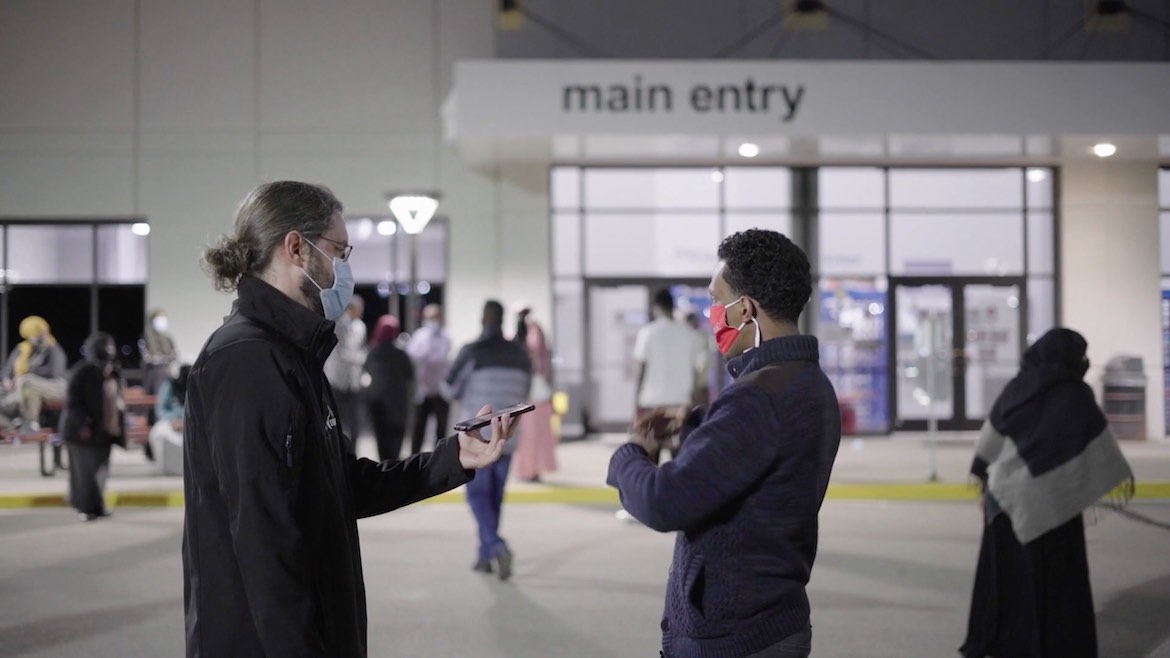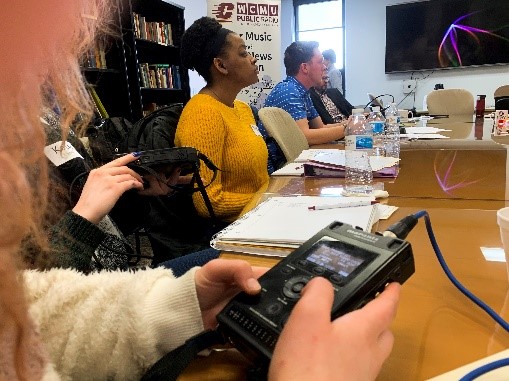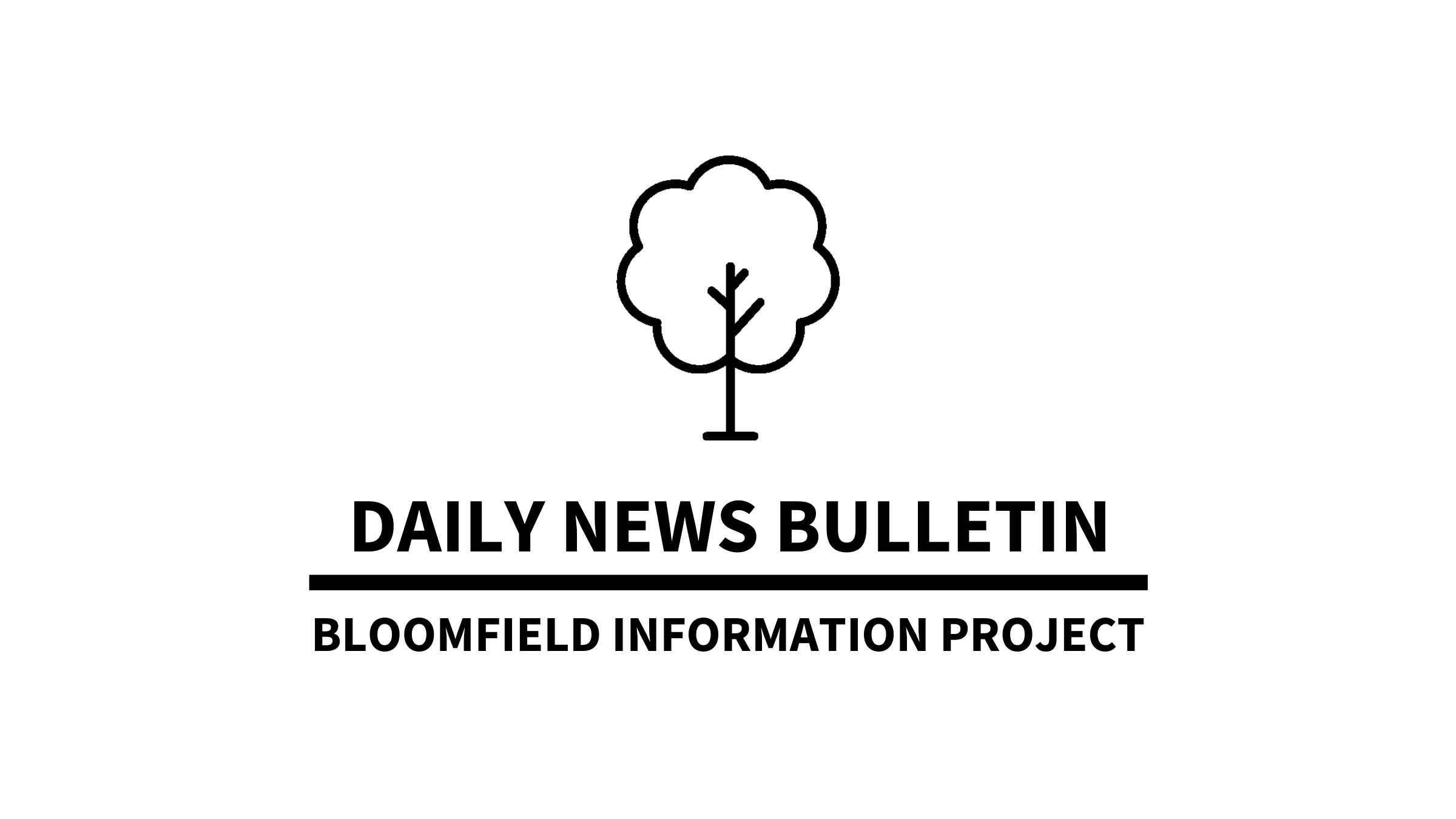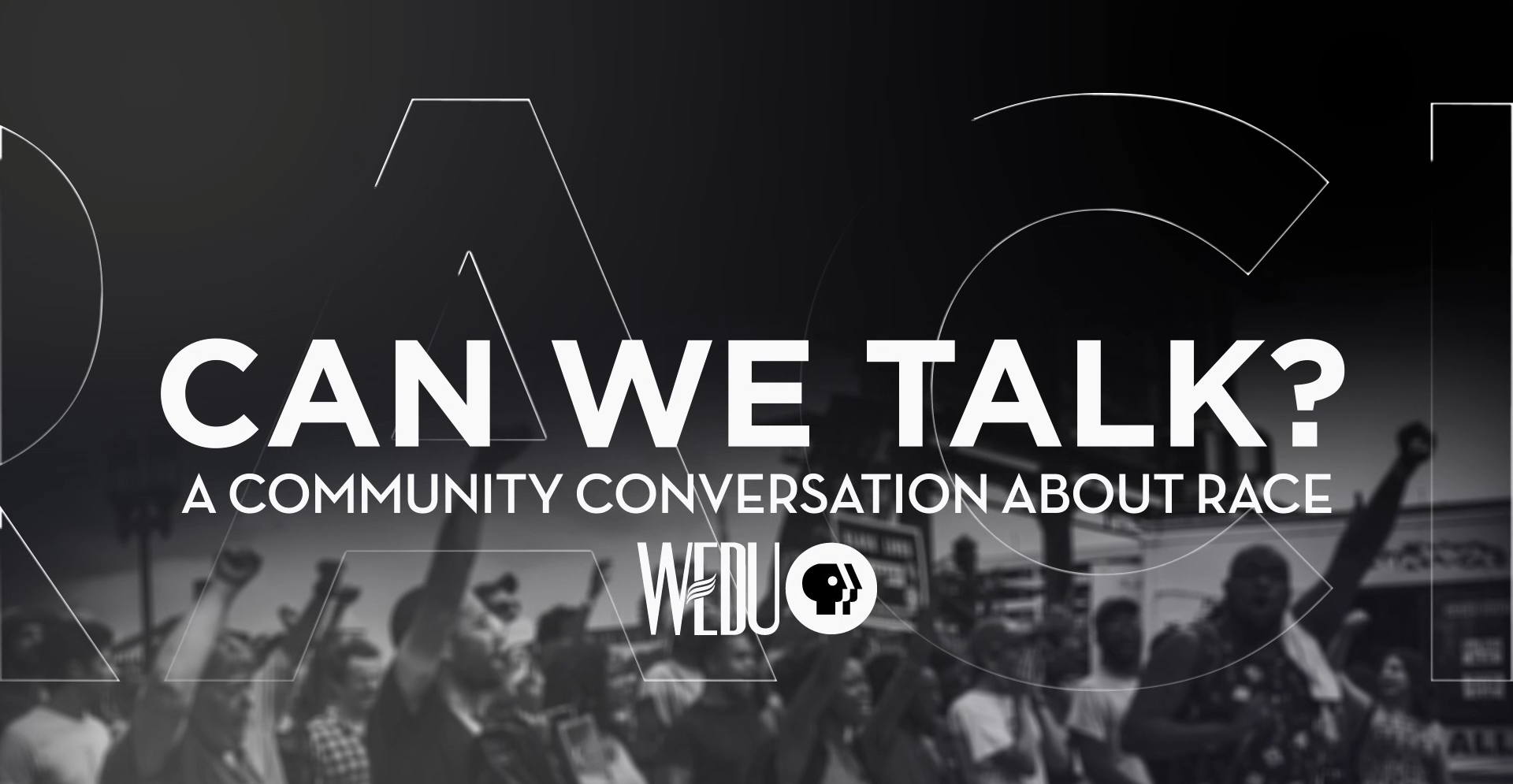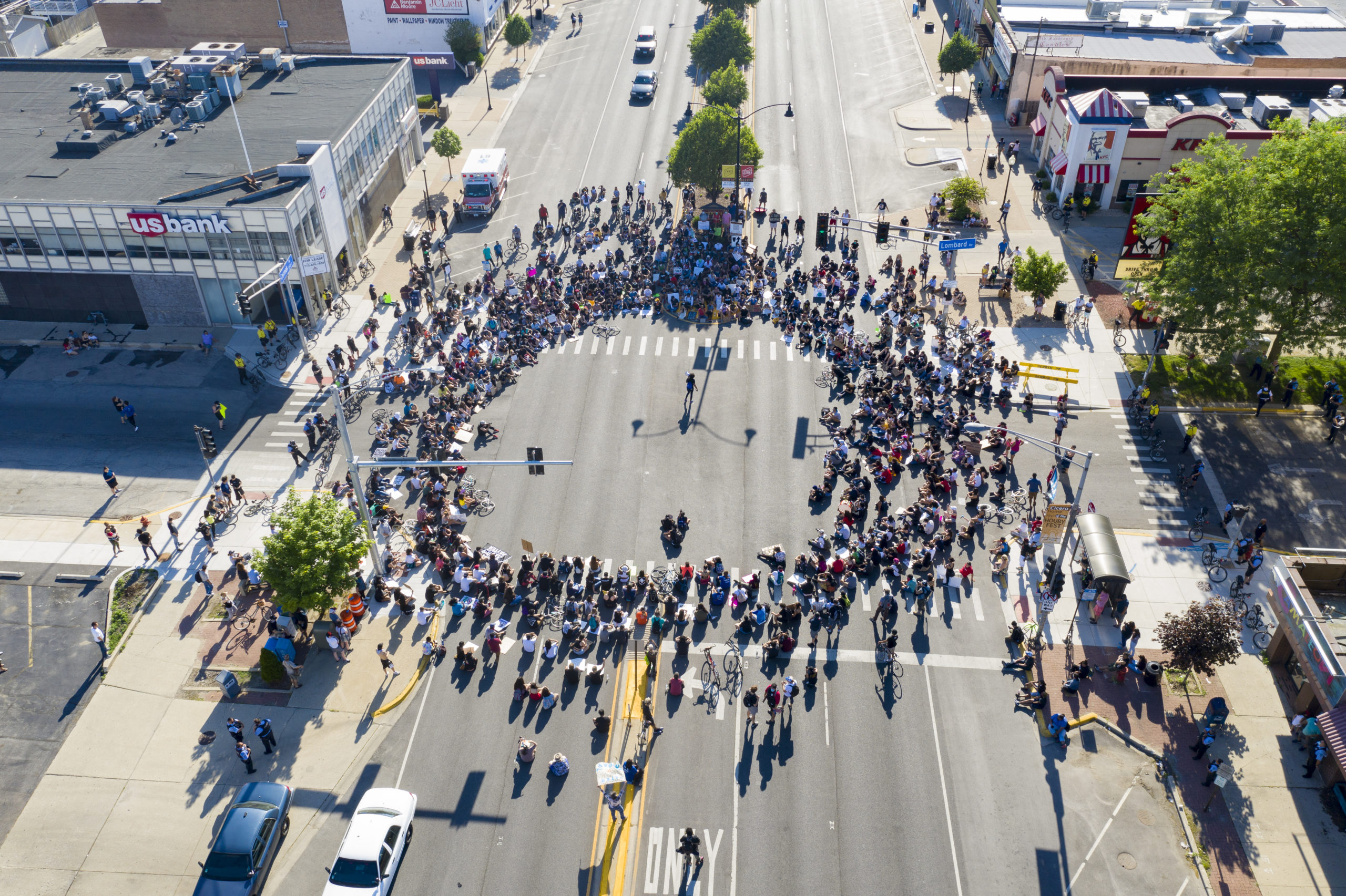Content Category: Public Affairs/Local Issues
- Jazz 91.9 WCLK teamed up with more than 10 Atlanta’s Black Radio stations – commercial and community outlets – in partnership with ...
- Kansas City PBS creates “Zoom juries” as a novel approach to engaging citizens on critical pandemic related issues. In ‘Justice Deferred’ we ...
- Sahan Journal, an independent, nonprofit news site in partnership with MPR News, serves the immigrant and refugee populations of Minnesota with professional ...
- WCMU is re-imagining local journalism by creating partnerships with rural newspapers to produce content and at the same time train J students ...
- Tax Increment Financing districts (TIFs) divert billions of public property tax dollars from local units of government across the USA annually. This ...
- This new, community-focused program is aimed at bringing together a diverse group of voices to discuss the important issues facing our state ...
- On the first Thursday of every month from 7 to 8 p.m., WTIP hosts a live interactive conversation on an issue of ...
- The news harvest is a technology-assisted workflow we’ve developed to produce a daily local newsletter in communities that are media deserts. It ...
- Can We Talk? is an honest conversation about race in the Tampa Bay region, exploring topics from the local Black Lives Matter ...
- Student Voices elevated the voices of young people at a critical moment in America, as we grapple with racism and the devastating ...
- Coping with Covid-19 is a series, and each part is 60 seconds worth of credible information about the coronavirus from respected medical ...
- City Limits: Winds of Change examines the harmful impacts of structural racism on society and the social and cultural movements focused on ...
- As our community grapples with the systemic inequalities that have made Cicero a hotspot for COVID-19, the events of June 1 exposed ...
- During the first month of the lockdown, KEET went into the field and recorded the experiences of those who had to work ...
- Matter is a local news nonprofit with a digital, community-informed model that inspires civic engagement by investigating the most pressing issues in ...



